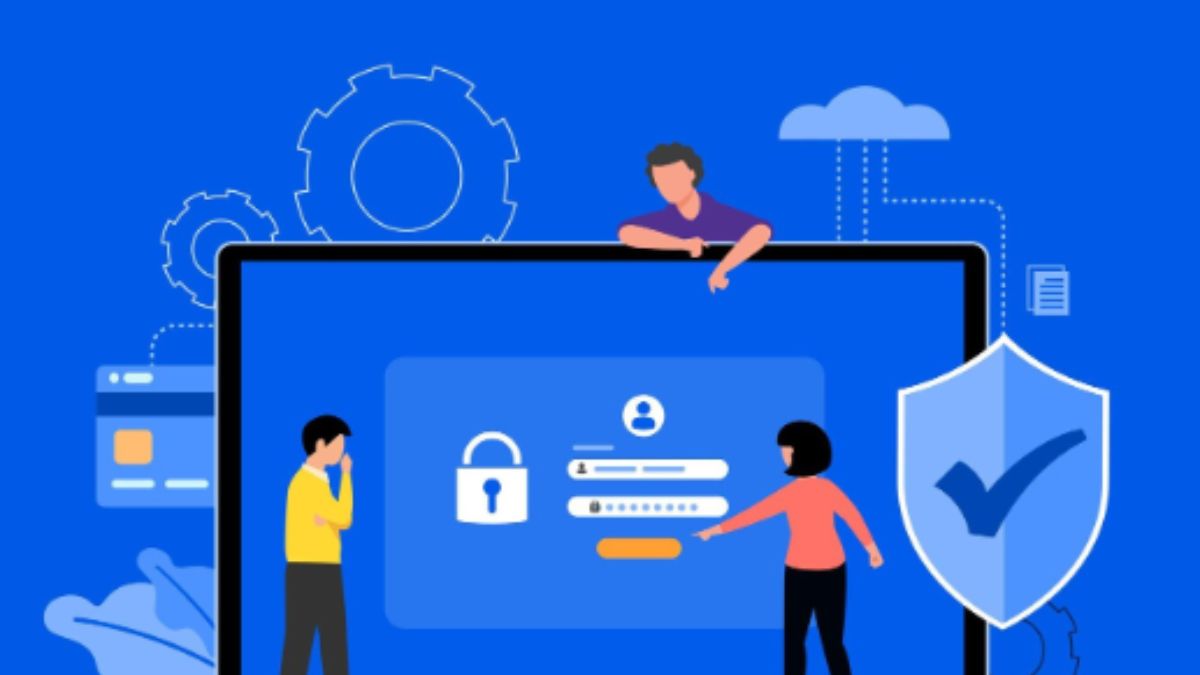Introduction
In today’s digital age, safeguarding online privacy and security is paramount. With increasing cyber threats and data breaches, tools like Private Proxy Servers and Virtual Private Networks (VPNs) have become essential. This comprehensive guide delves into the intricacies of proxy servers and VPNs, their roles in internet security, SEO, and online anonymity, and how they collectively enhance cybersecurity.
Understanding Proxy Servers
What is a Proxy Server?
A proxy server acts as an intermediary between a user’s device and the internet. When a user requests a web page, the request goes through the proxy server, which then fetches the data and returns it to the user. This process masks the user’s IP address, offering a layer of anonymity.
Types of Proxy Servers
HTTP Proxy: Handles web traffic and is suitable for browsing.
HTTPS Proxy: Supports encrypted connections for secure browsing.
SOCKS Proxy: Versatile, handling various traffic types like emails and torrents .
Transparent Proxy: Does not modify requests and is often used for content filtering.
Anonymous Proxy: Hides the user’s IP address but identifies itself as a proxy.
Elite Proxy: Provides maximum anonymity by hiding both the user’s IP and the fact that it’s a proxy.
Advantages of Proxy Servers
Anonymity: Masks IP addresses, enhancing privacy.
Access Control: Regulates employee internet usage in organizations.
Bypass Geo-restrictions: Access content restricted to certain regions.
Load Balancing: Distributes traffic to prevent server overloads.
Limitations of Proxy Servers
Lack of Encryption: Standard proxies don’t encrypt data, making them vulnerable.
Potential for Misuse: Some proxies may log user data or inject malicious content .
Incompatibility: Not all applications support proxy configurations.
Delving into VPNs
What is a VPN?
A Virtual Private Network (VPN) creates a secure, encrypted tunnel between the user’s device and the internet. This ensures that data transmitted is unreadable to potential eavesdroppers, including ISPs and hackers.
Types of VPNs
Remote Access VPN: Allows users to connect to a private network remotely.
Site-to-Site VPN: Connects entire networks, ideal for businesses with multiple locations.
Client-Based VPN: Requires software installation on the user’s device.
Cloud VPN: Hosted in the cloud, offering scalability and flexibility.
Benefits of Using VPNs
Enhanced Security: Encrypts data, protecting against cyber threats.
Anonymity: Masks IP addresses, ensuring privacy.
Bypass Censorship: Access restricted content in certain regions.
Safe Public Wi-Fi Use: Protects data on unsecured networks.
Potential Drawbacks
Reduced Speed: Encryption can slow down internet connections.
Cost: Reliable VPN services often come with subscription fees.
Trust Issues: Some VPN providers may log user data, compromising privacy.
Proxy Servers vs. VPNs: A Comparative Analysis
| Feature | Proxy Server | VPN |
|---|---|---|
| Functionality | Routes traffic through a mediator server | Creates an encrypted tunnel for all traffic |
| Encryption | Typically lacks encryption | Provides robust encryption |
| Speed | Generally faster due to no encryption | May be slower due to encryption overhead |
| Application | Specific applications or websites | Entire device traffic |
| Anonymity Level | Moderate | High |
| Cost | Often free or low-cost | Usually requires a subscription |
The Role in Internet Security
Enhancing Cybersecurity
Both proxies and VPNs play pivotal roles in cybersecurity:
Data Protection: VPNs encrypt data, safeguarding sensitive information.
Threat Prevention: Proxies can filter malicious content, preventing malware attacks.
Access Control: Organizations use proxies to monitor and control employee internet usage.
Risks and Considerations
Free Services: Free proxies and VPNs may compromise security by logging data or injecting ads .
DNS Leaks: Improper configurations can expose DNS requests, revealing browsing activities .
WebRTC Leaks: Browsers can leak IP addresses even when using VPNs, compromising anonymity.
Implications for SEO
Utilizing Proxies for SEO
SEO professionals leverage proxies to:
Conduct Keyword Research: Access localized search results.
Monitor Rankings: Track website rankings from different regions.
Web Scraping: Gather data without IP bans.
VPNs in SEO
VPNs assist in:
Accessing Geo-Restricted Tools: Utilize SEO tools available only in specific regions.
Testing Localized Content: View websites as they appear in different countries.
Achieving Online Anonymity
Tools and Techniques
Tor Network: Routes traffic through multiple servers, ensuring anonymity .
Secure Browsers: Browsers like Brave and Firefox focus on privacy.
Search Engines: DuckDuckGo and Startpage don’t track user queries.
Privacy Extensions: Tools like HTTPS Everywhere and uBlock Origin enhance privacy.
Best Practices
Regularly Update Software: Ensure all tools are up-to-date to patch vulnerabilities.
Avoid Public Wi-Fi: If necessary, always use a VPN on public networks.
Be Cautious with Personal Information: Limit sharing personal details online.
Conclusion
In an era where digital threats are ever-evolving, understanding and utilizing tools like proxy servers and VPNs are crucial. They not only enhance online security and privacy but also play significant roles in SEO and achieving online anonymity. By staying informed and adopting best practices, users can navigate the digital landscape safely and efficiently.











